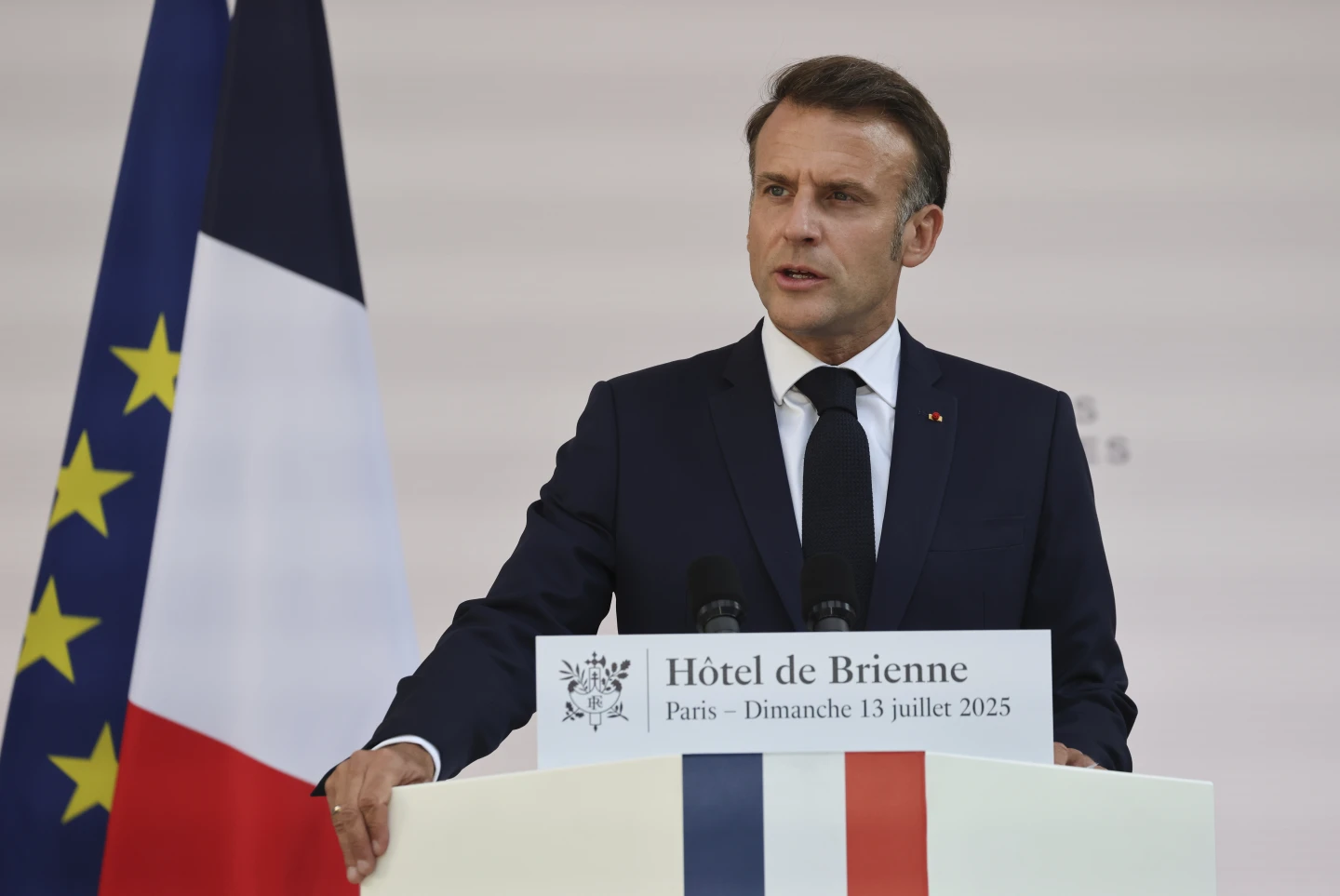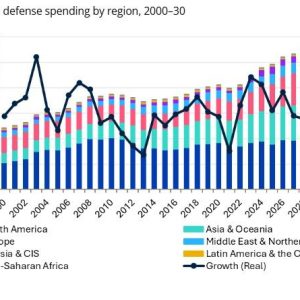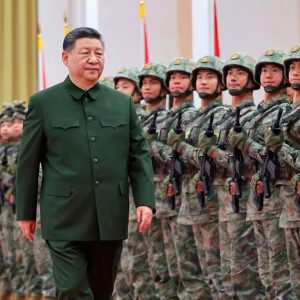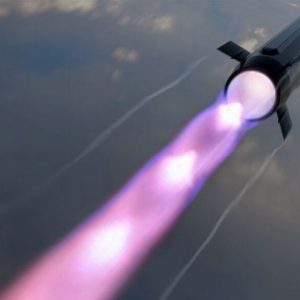France boosts its military budget to €413 billion
France is set to increase its military budget to €413 billion by 2030, reflecting President Emmanuel Macron’s ambition to reposition France as a central military power in Europe. The new funding plan, announced amid Russia’s continued war in Ukraine, underscores a strategic pivot toward readiness, deterrence, and modernization of the French armed forces.
France’s New Military Doctrine and Budget Priorities
According to the French government, the latest defense bill represents a 40% increase compared to the 2019–2025 military programming law. This rise signals a focus on rapid force deployment, cyber defense, space capabilities, and nuclear deterrence. The French Armed Forces Ministry emphasized that the budget aims to prepare the country for “high-intensity conflicts” and to fulfill its NATO obligations.
Strategic Drivers Behind the Increase
The strategic rationale lies in Europe’s changing threat landscape. Russia’s aggression in Ukraine, growing instability in the Sahel, and the race for military-technological superiority have pressured France to reassess its posture. Macron has repeatedly called for “strategic autonomy” in Europe, suggesting that EU states must develop capabilities to act independently if necessary, even within the NATO framework.
What the €413 Billion Covers
The budget will finance:
- Modernization of the nuclear deterrent and submarine fleet
- Expansion of cyber warfare and space defense programs
- Procurement of Rafale fighter jets and next-gen armored vehicles
- Development of artificial intelligence for command systems
- Personnel retention, recruitment, and training enhancements
NATO and EU Implications
France’s announcement comes at a time when NATO allies are increasing their defense budgets in response to the Russian threat. With Germany’s Zeitenwende and Poland’s expanded procurement plans, France’s move will add momentum to NATO’s 2% GDP target push. It may also elevate France’s influence in EU defense policy, especially through initiatives like PESCO and EDF (European Defence Fund).
Macron’s Vision: Deterrence Through Autonomy
President Macron frames the increased defense funding as a cornerstone of France’s sovereignty. “The threats are evolving, and our strategic ambitions must evolve with them,” he said. The 2024–2030 military programming law will serve as a tool to ensure France remains capable of protecting its interests and allies in a rapidly shifting global order.
External observers, including NATO officials, view the French plan as a significant reinforcement to the alliance’s southern and western flanks. Yet, some critics argue that implementation delays and bureaucratic inefficiencies may challenge full execution.
As the geopolitical climate intensifies, France’s defense transformation will likely set the pace for similar initiatives across Europe.












